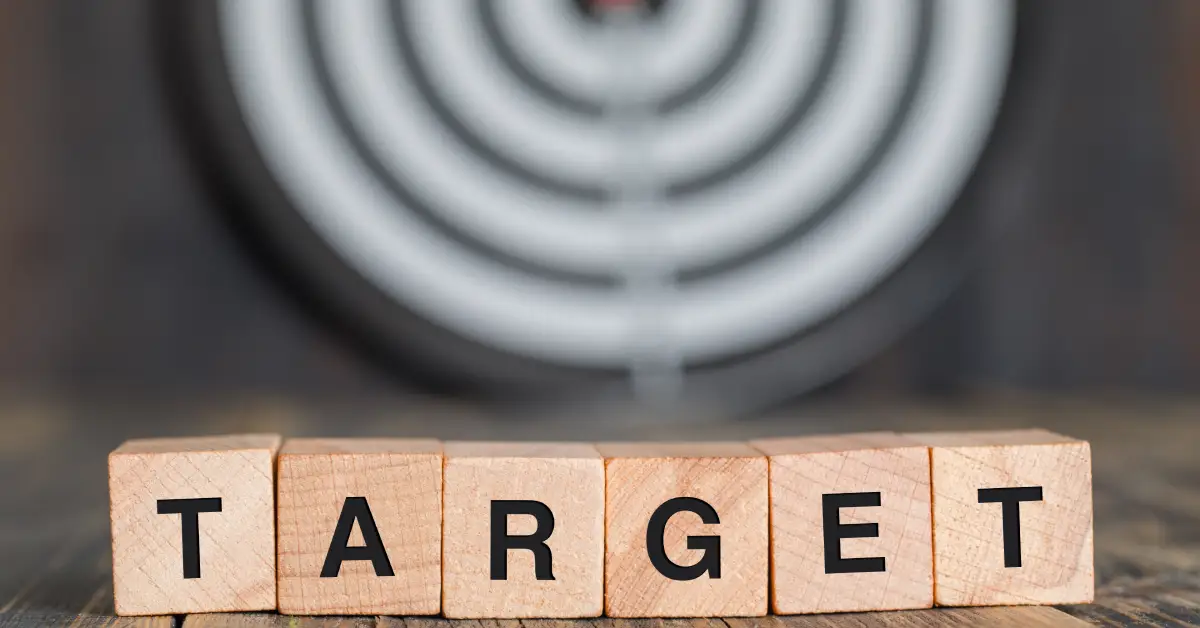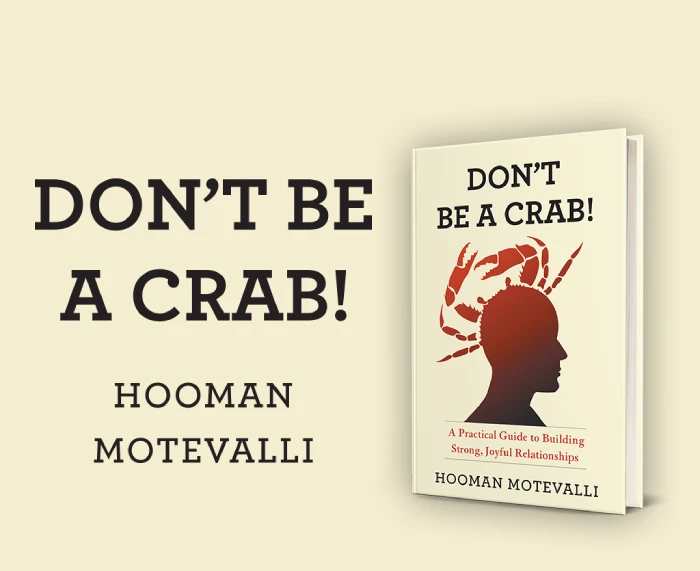We all have big goals that we hope will give us a happy and successful life—the ones that make our hearts race with excitement. Sometimes, we all know what we must do to make our short-term goals, medium-term goals, or long-term goals a reality. A student knows what to do to get an A grade and become excellent in class. An employer knows how they can become a better leader and treat employees better.
The hardest part is figuring out how to achieve that goal and knowing what it takes. There seems to be a huge gap between where you are and where you want to be. That’s where medium-term goals come in—they serve as the bridge between your daily routines and long-term goals.
They help you progress steadily toward your big goals and keep you on track.
What Are Medium-term Goals?
Medium-term goals are often considered to be goals that can be achieved within a timeframe of one to five years. These goals are more specific and measured than long-term goals, but they are more detailed and progressive than short-term ones. Medium-term goals are ones that you won’t get done right away, but they also don’t take forever to achieve.
The Difference Between Short-term Goals, Medium-term Goals, And Long-term Goals
Short-term goals are the daily goals you can achieve in hours, days, or even weeks. They’re the small wins that give you a quick sense of accomplishment, like writing a page of a book on your goal to become a New York Times bestseller.
Medium-term goals are the gray areas, taking a bit longer—a few months to a few years. These could include mastering a new skill, saving for a down payment on a car, or training for a half-marathon. They keep you moving forward and motivated by showing progress towards your bigger dreams.
Long-term goals are the ones that take almost forever to achieve; they’re the results of everything you’ve worked for up until that point, like finally becoming the manager of that branch, winning that marathon, or coming first in your class.
Why Are Medium-term Goals Important?
Why do you need medium-term goals if you’ve defined your long-term and short-term goals?
Yes. Here’s why medium-term goals are important:
- Big dreams can feel overwhelming. Medium-term goals chop them into considerably smaller and easier goals. Each medium-term goal feels wonderful and keeps us moving forward.
- When your dreams seem so far away, it can be discouraging. But medium-term goals give you a chance to celebrate more often, keeping you excited about the big picture.
- Medium-term goals help you keep track of your long-term goals. This way, you can make tangible progress towards your goals.
- Things don’t always go according to plan. You can pick up new interests. Medium-term goals are flexible, so if something unexpected pops up, you can adjust them before it’s too late.
How To Create Medium-term Goals
Now that you understand what medium-term goals mean and how important they are, let’s explore how you can set them.
Set Clear And Specific Goals

The first step towards achieving your medium-term goals is to ensure they are clear and specific. When your goals are vague or poorly defined, you may find it challenging to understand or even gauge when you’ve reached the final result.
This is where the concept of smart goals comes in handy. SMART, an acronym for Specific, Measurable, Achievable, Relevant, and Time-bound, provides a comprehensive framework that transforms abstract goals into clear, actionable steps.
By applying the SMART principle, you not only establish a well-defined path to follow but also set a realistic timeline that you can follow.
This approach makes the journey towards your goal more manageable and less stressful, enhancing your efficiency and reducing the chances of burnout.
Break Down Your Goals
Even though medium-term goals are easier to reach than long-term goals, they can still seem like they take forever to reach and appear overwhelming. To avoid burnout, it’s important to break down your larger goals into smaller, daily achievable goals.
Doing this creates a clear direction for what needs to be done and what to expect at the end of the day. Breaking down your goals also helps you track your medium-term goals by marking them off as you check each box. This way, you can stay motivated and feel encouraged along the way.
Stay Consistent
With medium-term goals, losing momentum and motivation is easy, especially when the results are not immediately seen. However, it’s important to remember that progress is still progress, no matter how slow.
Maintaining a consistent effort towards your goal, even if it’s just a small daily task, will eventually help you achieve your medium-term goals. By making it a habit to dedicate time to your goal every day, this consistency will build momentum and keep you motivated throughout your journey.
Enjoy The Process
Achieving medium-term goals isn’t merely about the result of getting you closer to your long-term goals. It’s also about the journey and the personal growth that comes with it. Embrace the process, learn from the challenges, and celebrate small victories along the way.
Every step forward, no matter how small, is a stride towards your goal. Take time to acknowledge the progress you’ve made and the efforts you’ve invested.
Maintaining Motivation
Achieving medium-term goals requires consistent effort over a certain period, which can sometimes be tiring or boring. To maintain motivation, it’s important to stay focused on the end goal and celebrate small wins along the way. Regularly remind yourself of the value the goal holds for you and the progress you’ve already made.
Consider adding fun activities related to your goal to your routine. If you’re learning a new language, watching movies, listening to music, or reading books in that language can help you stay engaged and make the learning process more enjoyable.
Create a reward system for completing tasks or reaching milestones that can make the process more enjoyable and motivating.
Dealing With Setbacks
Setbacks are a normal part of any journey towards achieving a goal. It’s important to be prepared to face them and know how to deal with them effectively. When faced with a setback, try to see it as an opportunity for learning and growth rather than a reason to give up.
For instance, if you’re not progressing as fast as you hoped in learning a new language, don’t get disheartened. Instead, reassess your methods, seek advice from others who have successfully learned a new language, and adjust your plan if needed.
20 Medium-term Goal Examples
- Get a Promotion: Get promoted to [position] by meeting deadlines, taking a [professional development course], and speaking to my supervisor about this goal.
- Master a New Skill: Learn [skill] by completing an online boot camp in one year.
- Improve Public Speaking: Join a Toastmasters club and attend meetings for 18 months.
- Travel More: Save for [x months] and take a one-week international trip every year for the next three years.
- Pay Off Debt: Pay off [amount] of credit card debt within 12 months.
- Build an Emergency Fund: Save [amount] for an emergency fund within the next two years.
- Learn a New Language: Become fluent in [language] by taking online classes and practicing daily for 18 months.
- Run a Marathon: Train for and complete a full marathon within the next two years.
- Write a Book: Finish writing and publish a book within the next three years.
- Improve Fitness: Lose [amount] of weight and reach a healthy body mass index (BMI) within the next year.
- Volunteer Abroad: Participate in a volunteer program for your society for two months.
- Learn to Play an Instrument: Master playing a basic repertoire on [instrument] within the next 18 months.
- Read More: Read 52 books (one per week) for the next year.
- Improve Photography Skills: Take an online photography course and practice capturing high-quality photos for the next year.
- Start a Side Hustle: Launch a small business idea and generate a steady income stream within the next two years.
- Declutter Your Home: Declutter your entire house and donate or sell unwanted items within the next three months.
- Learn to Cook: Master 10 new healthy and delicious recipes within the next six months.
- Improve Time Management Skills: Take a time management course and implement strategies to become more efficient within the next three months.
- Meditate Daily: Develop a consistent meditation practice for 20 minutes daily for the next year.
- Complete a Certification: Earn a certification in [field] by studying and passing the necessary exams within the next two years.
Conclusion
Medium-term goals offer a balanced approach to achieving long-term goals. By setting clear and specific goals, breaking them down into smaller steps, maintaining consistency, enjoying the process, and dealing effectively with setbacks, you can transform your big dreams and goals into achievable milestones.
If you want to learn in detail how to stay committed to your medium-term goals and long-term dreams, check out my book, “Don’t Be a Crab.“







